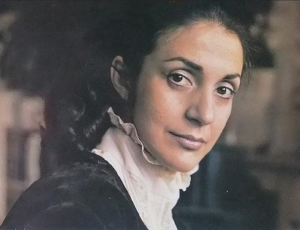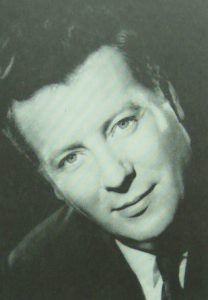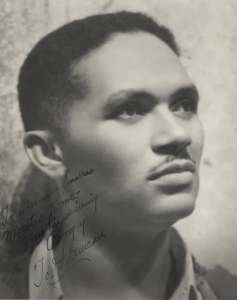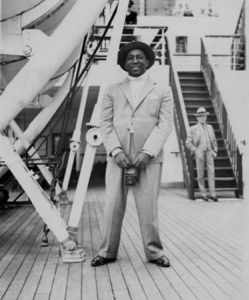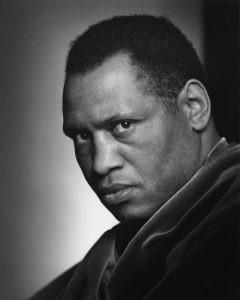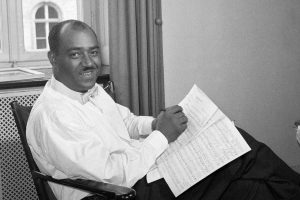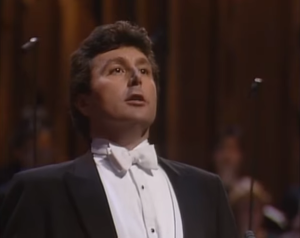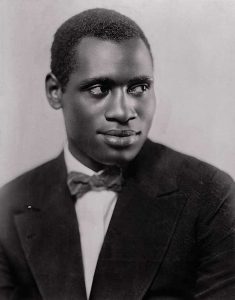Podcast: Play in new window | Download (Duration: 1:51:53 — 131.7MB) | Embed
Subscribe: Spotify | TuneIn | RSS | More
The last of my festive potpourri episodes for this, my birthday month, this episode focuses on a favorite vocal range of this opera queen: the soprano voice, in all its variety and glory. Included are such pristine lyric voices as Erika Köth, Benita Valente (who just departed us last weekend, shortly after celebrating her 91st birthday), Judith Raskin, Judith Blegen, Mattiwilda Dobbs, and Edith Mathis, among others; medium- to heavier-weight lyric voices such as Pilar Lorengar, Delia Rigal, Teresa Stratas, Taru Valjakka, Melitta Muszely, and Margarete Teschemacher; and “ambiguous” voices as Arleen Augér, Martha Flowers, Irmgard Seefried, Andrée Esposito, Jill Gomez (pictured), Faye Robinson, Hilde Güden, and Elizabeth Harwood which could, if you’ll pardon the term, “swing both ways,” at least in terms of vocal weight! They perform a wide range of material of material including vocal chamber music by Manuel de Falla and Miriam Gideon; art song by Brahms, Bridge, Poulenc, Beethoven, Bizet, Granados, Sibelius, and Mahler; operetta and musical selections by Arlen, Lehár, Stolz, and Kern; and full-throated operatic selections by Richard Strauss, Jacques Ibert, Leoncavallo, and Meyerbeer. It’s another jam-packed episode guaranteed (in a limited sense) to bring you the full-range of listening pleasure.
Countermelody is a podcast devoted to the glory and the power of the human voice raised in song. Singer and vocal aficionado Daniel Gundlach explores great singers of the past and present focusing in particular on those who are less well-remembered today than they should be. Daniel’s lifetime in music as a professional countertenor, pianist, vocal coach, voice teacher, and author yields an exciting array of anecdotes, impressions, and “inside stories.” At Countermelody’s core is the celebration of great singers of all stripes, their instruments, and the connection they make to the words they sing. By clicking on the following link (https://linktr.ee/CountermelodyPodcast) you can find the dedicated Countermelody website which contains additional content including artist photos and episode setlists. The link will also take you to Countermelody’s Patreon page, where you can pledge your monthly or yearly support at whatever level you can afford.
